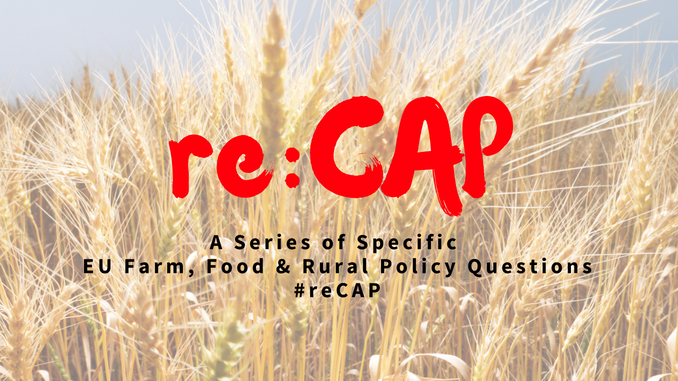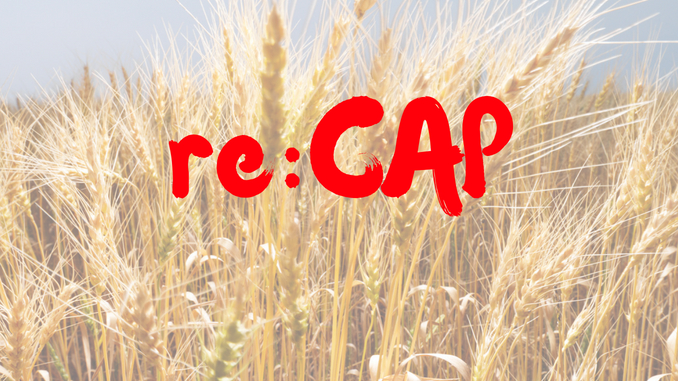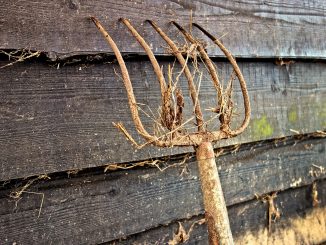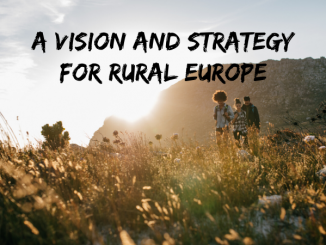 The run-up to the next Common Agricultural Policy (CAP) is in full swing. Across the continent NGOs, think tanks, civil society groups, farmers unions and political parties are mobilising for the next CAP developments. Environmental, animal welfare, rural development and nature protection groups from East to West, North to South are keeping tabs.
The run-up to the next Common Agricultural Policy (CAP) is in full swing. Across the continent NGOs, think tanks, civil society groups, farmers unions and political parties are mobilising for the next CAP developments. Environmental, animal welfare, rural development and nature protection groups from East to West, North to South are keeping tabs.
Here at ARC, we have been keeping tabs too. Over the past few months, countless reports and reviews have been published, packed full of detailed analysis and recommendations. This ranged from the IEEP’s set of ideas for a results-based CAP delivery model to the ECA’s damning report on CAP performance , an application of Birdlife’s CAP proposals to the context of Bulgaria (in two parts) and IFOAM EU’s suggestions for embedding sustainability in CAP funding.
We also provided summary articles of recent busy CAP weeks, when numerous stakeholders and organisations expressed opinions on publications or announcements:
This summary (8th June) includes Tassos Haniotis of DG Agri, Trees Robijns and Ariel Brunner of Birdlife Europe, Alan Matthews, and CSA organisation Urgenci.
While this summary (1st June) featured Greenpeace, Birdlife and EEP
And finally this summary (May 17th) saw these NGOs plus EPC (European Policy Centre), the irrepressible Alan Matthews and Bruegel.
These are useful resources, making the most of varied expertise across the continent. We have covered events to unpick and rally for better agricultural policy too, like the continent-wide Good Food and Good Farming day of action in October, or the IPES-food Common Food Policy conference.
With so much going on, it can be tough to stay informed. What are the most important moments of the CAP reform proceedings? What are the findings of these reports? Where are key policy changes expected? What are their implications? Where do European organisations stand on the key questions?
Introducing re:CAP (#reCAP)
Beyond the reports, declarations and conferences, ARC wants to know where the key NGOs and civil society groups stand on the particularly pertinent CAP questions of the moment. Accordingly, we reached out to some of the key organisations and individuals involved to ask them. Welcome to re:CAP – and on social media, #reCAP.
In this series, we spoke to Christian Rehmer (BUND, Friends of the Earth Germany), Aurélie Catallo (Pour Une Autre PAC) Ulrich Jaspers (Arbeitsgemeinschaft bäuerliche Landwirtschaft and die Verbände Plattform[1]).[2] and Ariel Brunner and Harriet Bradley (BirdLifeEU).
We wanted to know, specifically:
- The organisations’ position on capping direct payments
- Whether specific support should be given to young farmers, new entrants and first hectares and whether any measures should be coupled
- How budgetary shortfalls for Pillar II should be compensated and whether co-financing should play a role
- Whether rural development and farm support should remain separate policies
- The potential role of risk management tools as part of rural development measures
- How agri-environmental measures should be stimulated and supported
- How should increased subsidiarity be negotiated and enforced
So along with regular coverage on the Arc2020 website and social media, this marks the beginning of a series which will uncover CAP positions on pertinent questions, from Europe’s key environmental, animal welfare, rural development, nature protection organisations and from farmers’ unions. We seek responses to the most pertinent CAP questions of the moment, all easily-digestible in one place. Watch this space, watch out for #reCAP on social media and keep in touch.
[1] Responses by Jaspers have been translated from the German by Helene Schulze.
[2] The French and German organisations published this declaration in April 2018.






